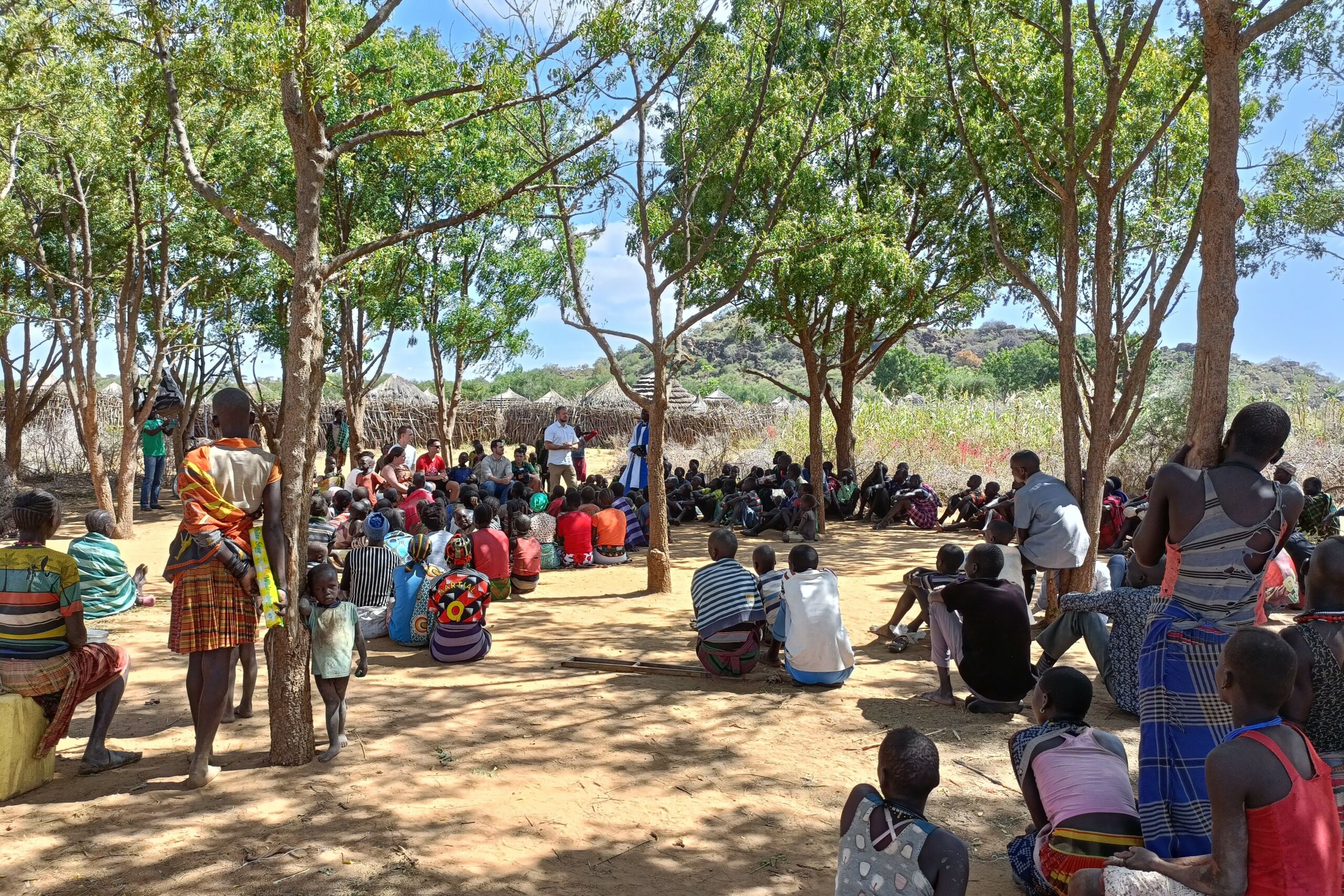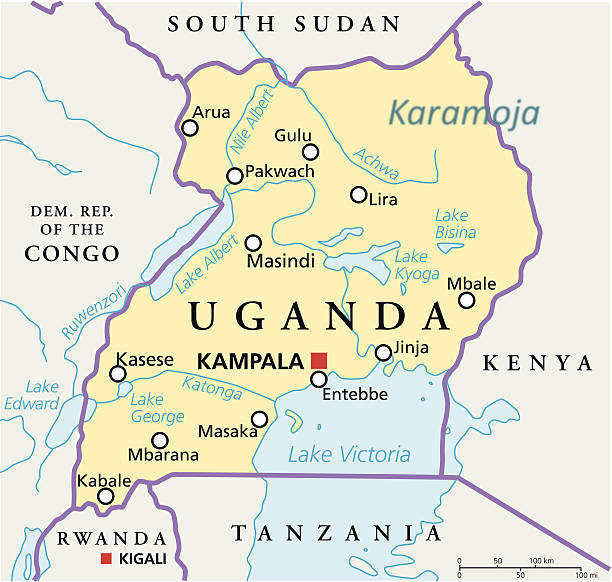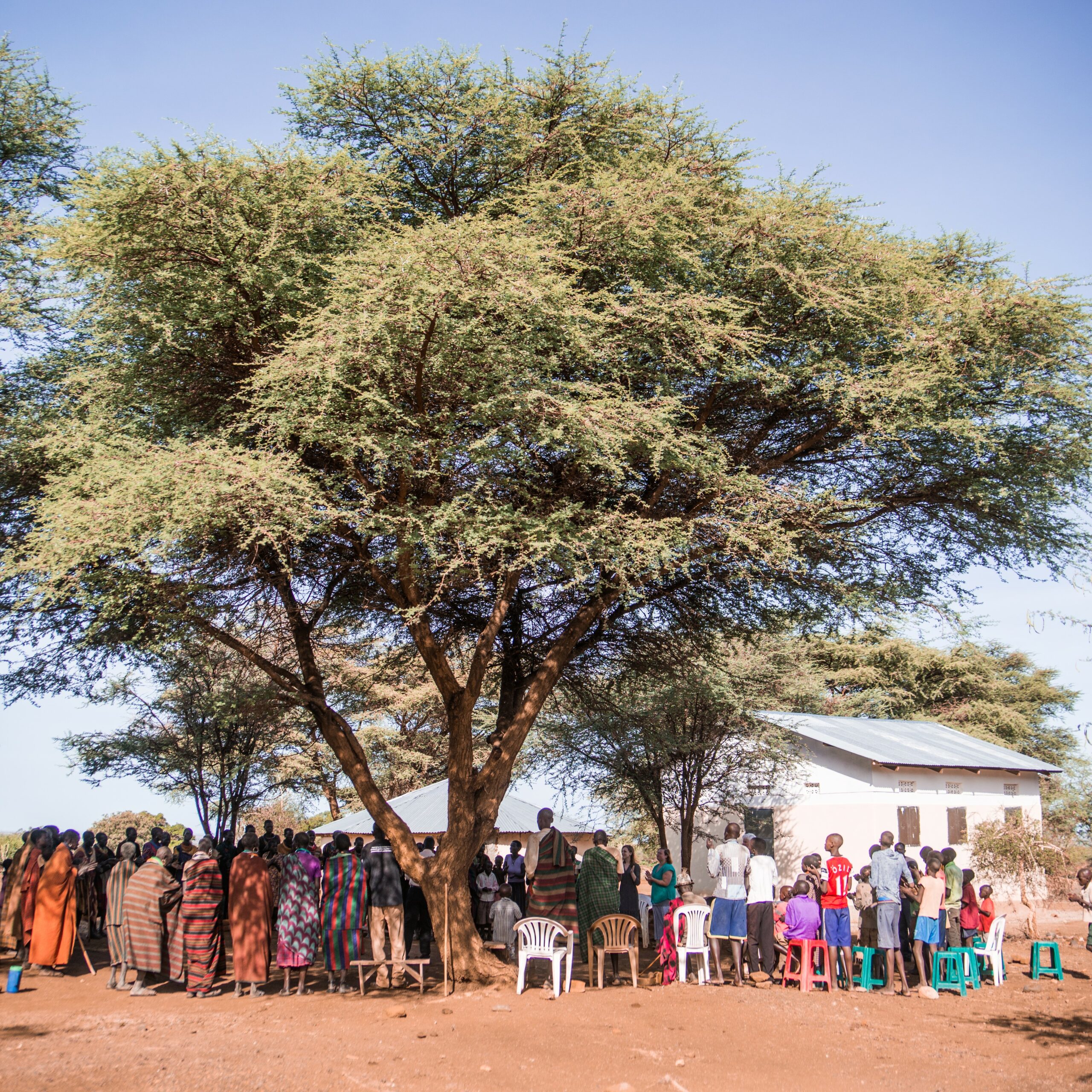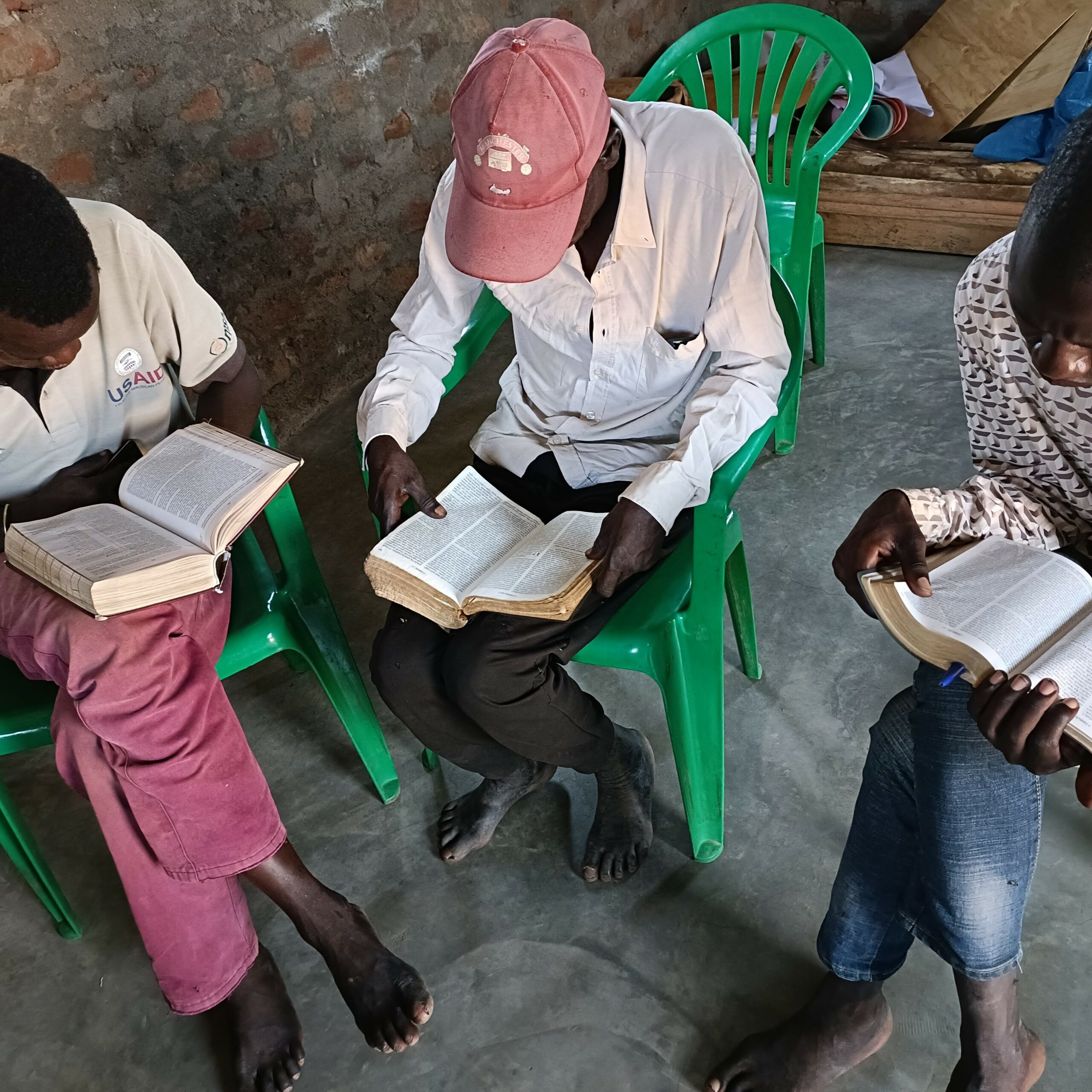Missionfield
Meet the country, the region and the Karamojong people….
Missionfield
Meet the country, the region and the Karamojong people….


Africa Inland Mission has an international team of missionaries in Uganda, formed by both Ugandans and expats. The program we will be contributing to is part of AIM’s focus on Karamoja.
Karamoja is a region in northeastern Uganda. It borders South Sudan to the north and Kenya to the east. The area is about half the size of the Netherlands, with a population of 1.5 million people. The people are divided into 11 different language groups. These ethnic groups have their history more to the north of Uganda, Ethiopia and Sudan. In the past, they led a nomadic existence with their cattle.
Within Uganda, Karamoja is in many ways a disadvantaged area. Due to the frequent fighting among themselves over cattle and having a different cultural background from the rest of Uganda, education and medical care are poorly developed. With the current land borders, however, nomadic life is virtually impossible. Large parts are desert-like and hunger is a constant threat when there is a drought.
From a missional point of view, large parts of Karamoja are unreached areas. True, there are some churches in the district towns, founded long ago. But many churches consist mainly of people from outside the region.
AIM focuses on the unreached people groups. There are churches and Ugandan evangelists with tremendous drive to take the gospel further. AIM is working with them. The pastors on the ground are urgently asking for help in training and education. There are people in the villages who do become convinced to follow Jesus. But when they back home, there is no one to take them by the hand. Pastors in the towns would like to be equipped and receive help to train new evangelists who can go further into the countryside.
In this chain of people training people, we would like to take our place. We will work with pastors as well as people doing women’s or children’s ministry. We want to identify training needs and develop materials that suit the context. A large part of our work will be to mobilize and train Ugandan missionaries who will be working in this area. We want to encourage and cooperate with them.
The first year we did this mainly from Kampala. We got to know many congregations in Kampala, were able to contribute to the equipping of local missionaries, together with organizations like Global Link Africa and Reaching Frontiers. However, we will be moving from Kampala to Kotido in Karamoja in August 2024. We want to be closer to the community ‘s and no longer come and go as visitors. A new chapter, another step in this “missionary journey” …


The 1.5 million people are divided into 8 tribes, collectively called the Karamojong. Karamojong literally means “the old man who can walk no further,” after all, people came from far away hundreds of years ago! A big piece of the Karamojong man’s identity is in owning cows. People believe in the divine right that all cows belong to them. The dry steppe climate creates many challenges. Especially the new unpredictability of rain. Hunger is a big problem. The government wants to stop nomadic life and make farmers out of them but the Karamojong rightly say, “Cattle can be moved, looking for water, a field cannot.”
Polygamy is the norm. Not only the number of cows but also the number of wives and children shows the power of a man. It is also a social safety net for widows of fallen cattle raiders; one can be “taken” as yet another wife. Women are tasked with keeping everything running in the “manyattas” (villages). Fetching water (often from far away), planting, grinding grain, cooking food, taking care of children, washing clothes, etc. Women are very fond of jewelry, especially beaded necklaces. Much attention is also paid to hair. The hairstyle also shows what status a person has: child, marriageable, engaged, married… Children have to help from an early age. A typical child’s task is churning milk into butter. This is done by shaking cow’s milk in a gourd. Many children have to look after the small livestock, moving around with goats in search of food. Once they are a little older, the boys also have to move around with the cows. The girls stay in the village for household tasks. Because of the lifestyle, most people do not go to school and, as a result, there is a lot of illiteracy. The Karamojong are a resilient and proud people; the strongest survive.
As AIM appoints us to work with their team in Uganda, our calling is confirmed. We believe we may be a link in God’s mission to invite the people of Karamoja into his flock.
We will serve with local brothers and sisters to equip workers for evangelism and strengthen the church’s testimony in Karamoja.